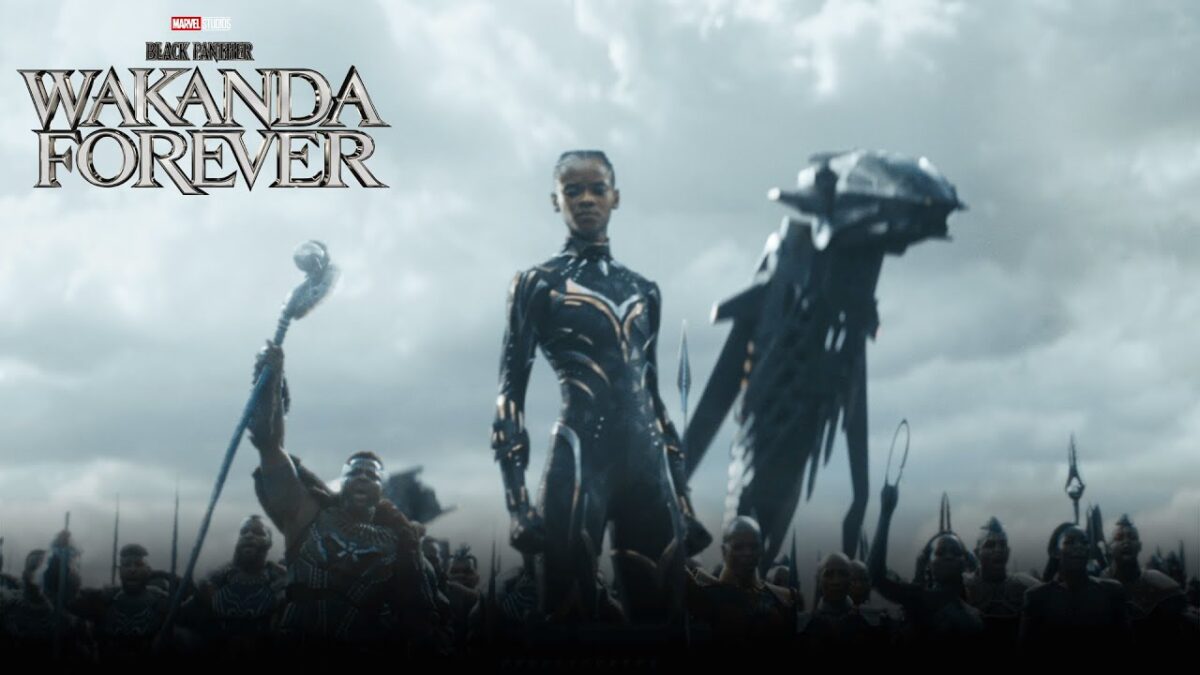Tom Hardy’s anti-hero romp, which was critically panned and is considered one of the weaker superhero films of the modern era, still earned more than $200 million at the U.S. box office.
However, with superhero fatigue beginning to set in, it has become increasingly clear that the era of Marvel and DC Extended Universe (DCEU) domination is over. Marvel films still remain highly successful, although not as much as they were in 2018-2019 when Iron Man and company faced Thanos.
This is mirrored by the drama unfolding within the DCEU, which is playing out on social media in real-time.
Sequels that appear to be must-sees earn far less than their predecessors. And, in the clearest sign of superhero weariness, Dwayne Johnson’s belated return to the genre will not even be followed by a sequel.
Audiences still want lycra-clad heroes, but the material no longer lives up to the expectation. Every other month, a new super-film is released in cinemas or on television, making their appearance less special than before.
Furthermore, some tales turned woke, prioritizing identity politics and finger-wagging over all else. Others relied on filmmakers who may have been given too much creative freedom.
In any case, studio suits are understandably concerned about the current state of affairs.
Even when hugely successful, superhero pictures must gross far more than their enormous expenditures in order to break even. Even a $200 million picture may be considered a failure if it does not repay all of its expenditures (marketing fees alone might exceed $100 million).
Let us begin with the Marvel Cinematic Universe, the undisputed monarch of superhero flicks. The mega-franchise intertwined 20+ films into an intricate plot that culminated in two epic Avengers flicks, “Infinity War” and “Endgame.”
The two stormed the box office competition and unexpectedly neatly wrapped up the tale. However, the concert had to go on.
The MCU’s Phase IV began with “Black Widow” in 2021, entangled in a web of its own design. The global epidemic pushed back the release date, and by the time it arrived in theaters, nobody anticipated it to do as well as its predecessors.
The film itself was unimpressive, featuring a character that had previously been slain in “Endgame” in a scenario that seemed humdrum at best. However, the MCU magic still worked, bringing in $187 million at the box office in the United States.
Both critically and commercially, “Shang-Chi and the Legend of the Ten Rings” fared better. It’s the final MCU film to have the sense of amazement that previous chapters have had. Even yet, there was no feeling of a building tale at initially.
“Eternals,” “Doctor Strange in the Multiverse of Madness,” and “Thor: Love and Thunder” failed to live up to its predecessors in terms of both creativity and economic success.
“Black Panther: Wakanda Forever” resurrected the MCU’s box office fortunes, although it still made about $280 million less than its predecessor.
Phase IV ended with “Wakanda Forever,” but without a unified concept like the ones that underpinned the preceding MCU tales.
The one MCU film that reigned supreme, without a doubt, came from outside the official MCU production line (Sony, not Disney, Inc.). “Spider-Man: No Way Home” established that the pandemic was no longer necessary to captivate audiences, grossing $814 million.
Disney’s MCU diluted the brand even more with a flood of streaming originals of various quality – “WandaVision” was witty and daring, while “She-Hulk: Attorney at Law” spent more time wallowing in victimization than providing first-rate entertainment.
Diminishing profits are merely one aspect of the DCEU’s current problems. The series has an equal number of superstars as the MCU, but we see considerably fewer films from its strong bench.
The much anticipated “Wonder Woman 1984” brought up thoughts of “Batman and Robin,” the genre’s lowest point prior to the MCU. “Birds of Prey” was a flop by superhero standards, grossing only $84 million.
“The Suicide Squad,” the second attempt to bring the bad guys (and ladies) into the picture, also underperformed, with pandemic repercussions and its HBO Max simultaneous release weighing on its $55 million gross.

